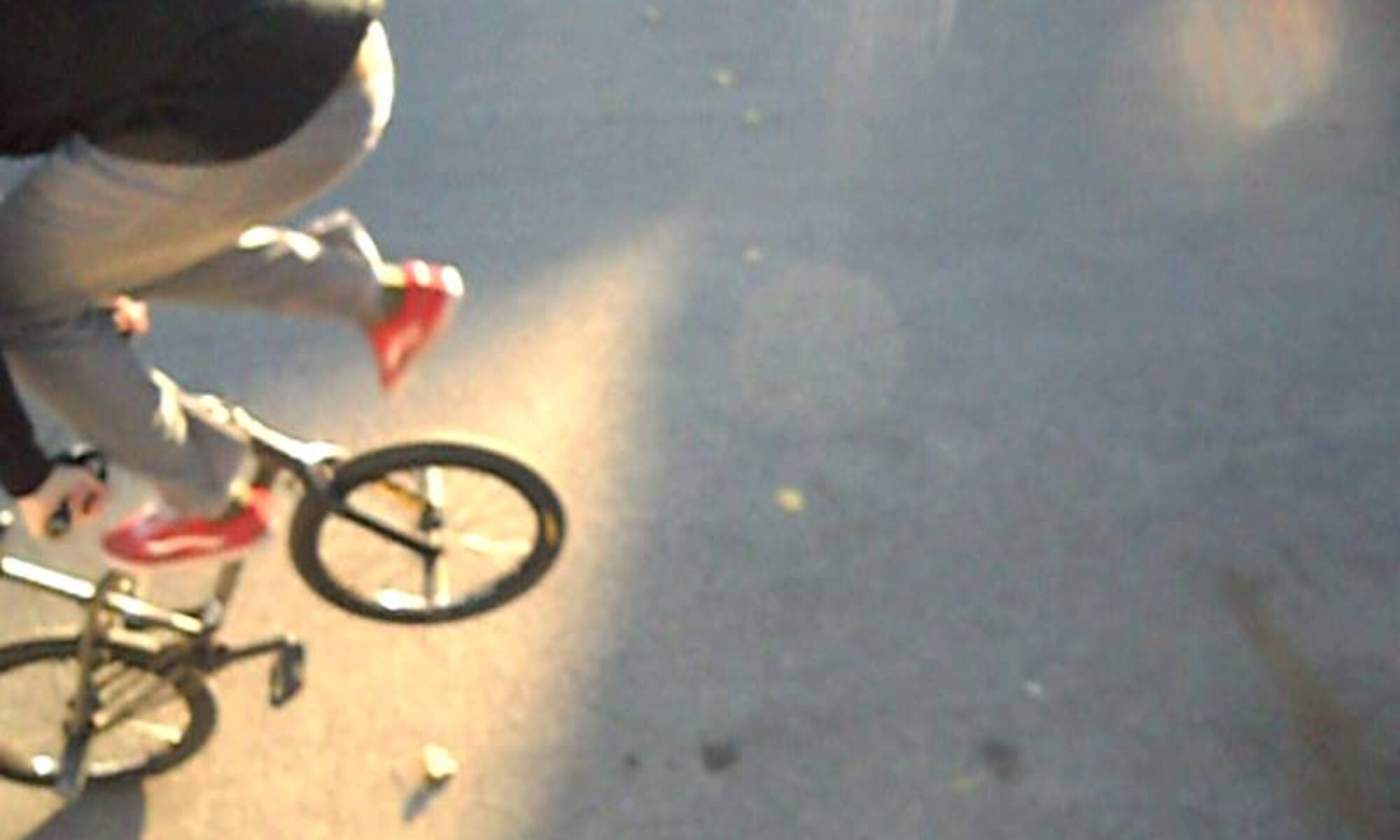 As I’m sure you all know by now, Bob Moog passed away this past Sunday afternoon at the age of 71. This morning I returned home from Asheville, North Carolina, where I was honored to attend the funeral services for Dr. Robert Moog on Tuesday, and a public memorial the following day. Speeches and memories were shared by Bob’s son, daughters, and wife, Ileana… as well as Wendy Carlos, Herb Deutsch, Steven Martin, David Borden, Tom Rhea, John Eaton, Wayne Kirby, Keiichi Goto, David Van Koevering, Joel Chadabe, David Mash, Mike Adams, and many others. Letters and emails poured in from all over the planet. It seems like Dr. Moog’s passing was felt in every corner of the world this week.
As I’m sure you all know by now, Bob Moog passed away this past Sunday afternoon at the age of 71. This morning I returned home from Asheville, North Carolina, where I was honored to attend the funeral services for Dr. Robert Moog on Tuesday, and a public memorial the following day. Speeches and memories were shared by Bob’s son, daughters, and wife, Ileana… as well as Wendy Carlos, Herb Deutsch, Steven Martin, David Borden, Tom Rhea, John Eaton, Wayne Kirby, Keiichi Goto, David Van Koevering, Joel Chadabe, David Mash, Mike Adams, and many others. Letters and emails poured in from all over the planet. It seems like Dr. Moog’s passing was felt in every corner of the world this week.
It was an amazing few days, and a humbling tribute to a genius, a gentleman and a gentle man. One thing that really struck me during the memorial services, was how many different worlds Bob was a part of, and how so many of his friends really had little understanding or even an awareness of his accomplishments. His children found out from the newspaper that their father had been awarded a Grammy. Long-time friends thought he “did something with pianos.” Bob was the guy who fell asleep in the Wednesday yoga class and drove around in an old car hand-painted by his teenage daughter. Meanwhile, according to legendary keyboardist Rick Wakeman, he was “changing the face of music.”
Bob never brought up his work unless asked, and even then, he was quick to credit everyone else but himself. He was much more interested in listening to the ideas of others, often “synthesizing” seemingly unrelated bits of information into the genesis of a new design. He preferred to tell an old joke over a beer to talking about his many patents. And he loved to watch from the wings as a musician created something interesting and unexpected on one of his instruments. It was strange and beautiful to be sitting in Asheville hearing remembrances told by Bob’s family and childhood friends right alongside those told by luminaries in the worlds of electronic music and science. And we all remember his laugh.
I was certain our man would be with us another 10 or 15 years at least. But unfortunately, his cancer was fast, aggressive and sure. By all accounts, Bob maintained his characteristic positive attitude right up until his final breaths, which inspired his family. I understand that he had eventually lost his ability for speech and would hum or sing in order to communicate. Music was essential in his life to the end.
Dr. Moog gave me much more than I could ever have given him, and it was a blessing to have spent time with him, and work together on our film. I once asked Bob if he thought his instruments could remember him. He thought for a long while and finally answered that yes, he supposed his inventions could carry a memory of their inventor. I agree. In a very real way, Bob lives on not only in our hearts, but also in our synths.
It was impossible not to be overwhelmed at certain moments during the memorial… and ultimately to simply be grateful for Bob’s life, to celebrate him not only as an important electronic music pioneer, but as a true mensch.
Sincerely,
The Bob Moog Memorial Fund
Bob’s family has announced the formation of The Bob Moog Memorial Fund for the advancement of electronic music.
Many of his long time collaborators, including musicians, engineers and educators have agreed to sit on its executive board including David Borden, Wendy Carlos, Joel Chadabe, John Eaton, David Mash, and Rick Wakeman.
For more information about this contact Bob’s son, Matthew Moog, by email: mattmoog(at)yahoo(dot)com.
Contributions can be made directly to:
The Bob Moog Memorial Fund
c/o WNC Community Foundation
P.O. Box 1888
Asheville, NC 28802
attention: Sheryl Aikman

